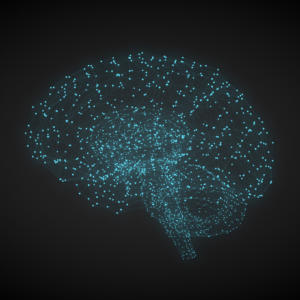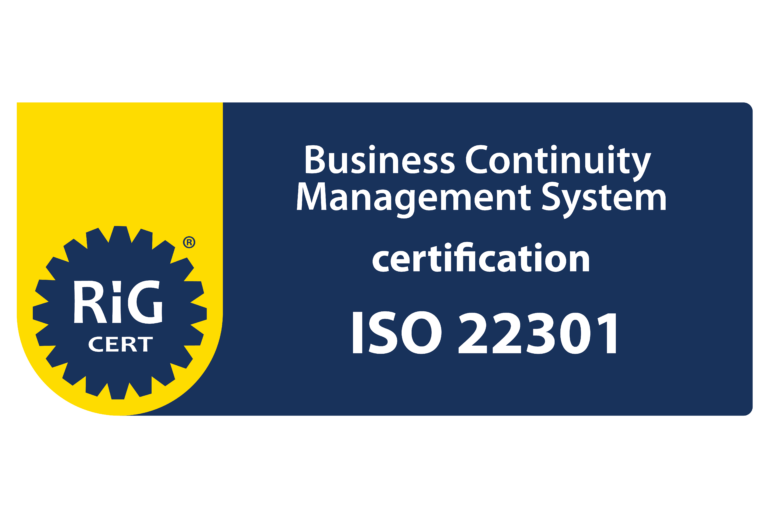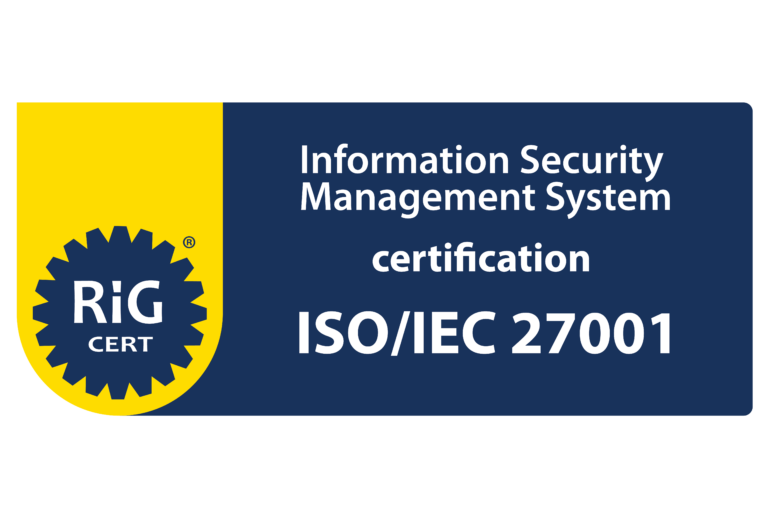Alzheimer’s disease is a progressive neurodegenerative disorder that affects millions of people worldwide. As the disease advances, individuals and their families navigate through various stages, each presenting unique challenges.
Alzheimer’s disease is a progressive neurodegenerative disorder that primarily affects cognitive functions, particularly memory, and eventually leads to the inability to perform daily activities. According to recent statistics, Alzheimer’s is the most common cause of dementia, accounting for approximately 60-70% of cases globally. The prevalence of Alzheimer’s tends to increase with age, with a notable impact on individuals aged 65 and older. As of the latest data, an estimated 6.2 million Americans aged 65 and older are living with Alzheimer’s, and this number is expected to rise significantly in the coming years. The economic burden of caring for individuals with Alzheimer’s is substantial, with annual costs reaching hundreds of billions of dollars. These statistics underscore the urgent need for continued research, support, and awareness to address the challenges posed by Alzheimer’s disease and improve the quality of life for affected individuals and their families.
Understanding the seven stages of Alzheimer’s is crucial for both patients and caregivers to provide effective support and enhance the quality of life. We will explore these stages and offer valuable resources for those affected by Alzheimer’s.
Stage 1: No Impairment
At this initial stage, individuals exhibit no noticeable symptoms of Alzheimer’s. It is characterized by normal cognitive function, and there are no apparent signs of memory loss or cognitive decline.
The Alzheimer’s Association leads the way to end Alzheimer’s and all other dementia. They provider Local, National, as well as International support for individuals and caregivers: Alzheimer’s Association: 10 Early Signs and Symptoms of Alzheimer’s
Stage 2: Very Mild Decline
In the second stage, there is a very mild decline in cognitive abilities. Memory lapses are subtle and may be attributed to normal aging. Individuals may experience occasional forgetfulness, but it is often dismissed as part of the aging process.
The Alzheimer’s Society is the only dementia charity that offers dedicated support to those who need them now, campaigns for change and funds groundbreaking research for a better tomorrow: Alzheimer’s Society: Understanding Early Stage Dementia
Stage 3: Mild Decline
During this stage, friends and family may start noticing cognitive difficulties. Memory and concentration issues become more apparent, and individuals may struggle with tasks that were once routine. However, these challenges may still be attributed to normal aging.
DementiaCareCentral is a resource center for dementia caregivers and more! There is a lot of information about dementia on the Internet, but it’s not always well organized and can be overwhelming. They have identified, reviewed, and linked to the best of these resources and added some original content as well: Dementia Care Central: Living with Early Stage Dementia
Stage 4: Moderate Decline
Clear cognitive impairments emerge in the fourth stage, including difficulty with complex tasks. Memory lapses and cognitive challenges become more noticeable, impacting daily activities and requiring additional support.
The Alzheimer’s Foundation of America’s mission is to provide support, services and education to individuals, families and caregivers affected by Alzheimer’s disease and related dementias nationwide: Alzheimer’s Foundation of America: Living with Alzheimer’s – Middle Stage
Stage 5: Moderately Severe Decline
At this point, assistance with daily activities becomes necessary. Individuals may struggle with dressing, grooming, and other self-care tasks. Memory decline is significant, and there is an increased reliance on caregivers for support.
The Mayo Clinic is one of the highest-ranked hospitals offering effective treatment that depends on getting the right diagnosis. Their experts diagnose and treat the toughest medical challenges: Mayo Clinic: Alzheimer’s Caregiving: How to Ask for Help
Stage 6: Severe Decline
Communication and personality changes become more pronounced in the sixth stage. Individuals may experience difficulty recognizing loved ones, exhibit mood swings, and face challenges with verbal expression. Full-time caregiving and specialized support are essential.
Family Caregiver Alliance is a national nonprofit caregiver support organization. FCA’s purpose is to “improve the quality of life for caregivers and the people who receive their care.”: Family Caregiver Alliance: Late Stage and End-of-Life Care
Stage 7: Very Severe Decline
In the final stage, individuals lose the ability to communicate and require around-the-clock care. Basic functions such as eating and mobility become severely impaired, and individuals are highly dependent on caregivers for all aspects of daily living.
The Alzheimer’s Association is a valuable resource for both patients and caregivers. They believe no one should face Alzheimer’s alone and provide resources and support groups to stand behind this: Alzheimer’s Association: Late-Stage Care
Enhancing Quality of Life with Alzheimer’s Disease Resources
Understanding the progression of Alzheimer’s through these stages is crucial for caregivers, healthcare professionals, and families to provide appropriate care and support at each phase of the disease.
Caring for a loved one with advanced Alzheimer’s disease is an emotionally complex journey that often involves grappling with the delicate balance between holding on and letting go. This journey is both heart-wrenching and challenging, requiring caregivers to navigate the fine line between holding on to the person they love and letting go of the expectations that no longer serve their shared reality.
Navigating the journey of Alzheimer’s can be overwhelming, but knowledge about the disease’s stages empowers both patients and caregivers. Utilizing the provided resources, individuals can find valuable information, support, and strategies to enhance the quality of life at every stage of Alzheimer’s.
Additionally, seeking assistance from healthcare professionals, local support groups, and national organizations can further contribute to a comprehensive care approach. Together, we can build a supportive community for those affected by Alzheimer’s, fostering understanding, compassion, and resilience.







